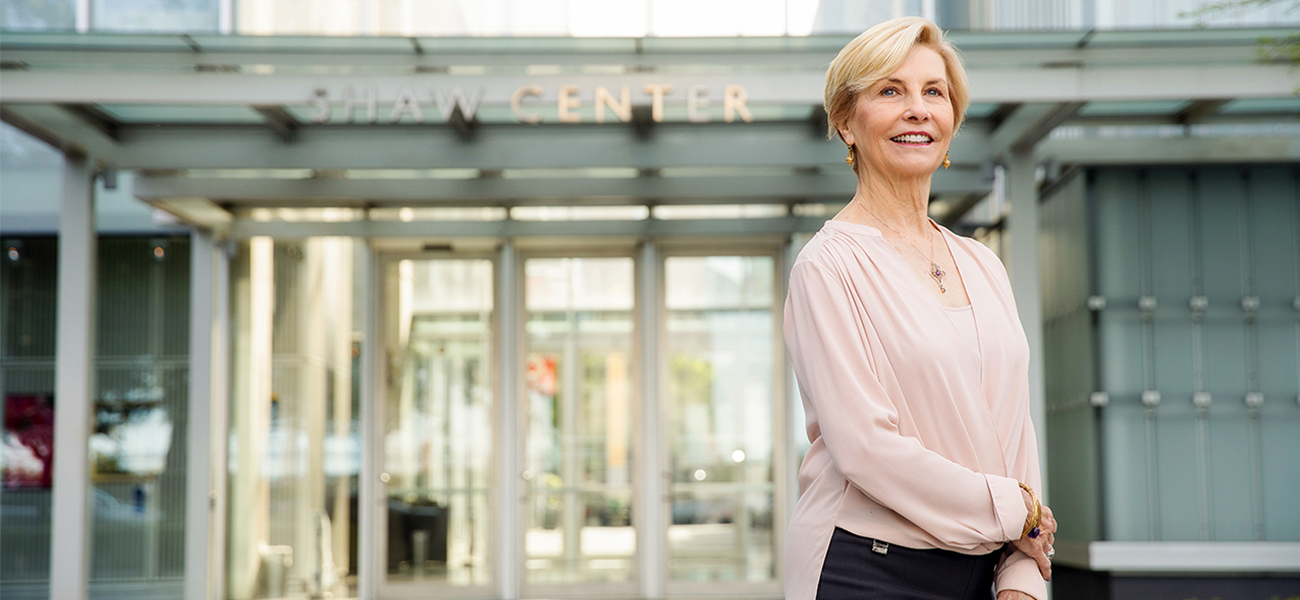
Retiring CEO of the Center for Planning Excellence wants you to help plan the city’s future
Elizabeth “Boo” Thomas might be the most important planner in Baton Rouge history.
She worked on the original Horizon Plan, the parish’s first comprehensive land-use document; helped create Plan Baton Rouge, the blueprint for downtown’s resurgence; and was the founding director of both the Mid City Redevelopment Alliance and the Center for Planning Excellence.
After hurricanes Katrina and Rita, she helped facilitate Louisiana Speaks, involving more than 27,000 residents from 35 hard-hit parishes in what was said to be the nation’s largest-ever recovery, redevelopment and planning effort.
|
|
Thomas is retiring as president and CEO of CPEX this month. Her replacement, current CPEX Senior Vice President Camille Manning-Broome, will step into the role armed with more than $1 million in recent grant awards toward developing disaster recovery plans and flood-risk reduction work in the capital region and coastal Louisiana.
Thomas says she is proud of the progress that’s been made, particularly downtown and in Mid City, but she wishes more people took the time to participate in planning for a better future. cpex.org
''I have worked so hard and enjoyed every minute of it, but I need now to just be free to do whatever I want.''
Elizabeth ‘Boo’ Thomas
How did you get started as a planner?
When my daughter was in high school, she took a three-day battery of aptitude tests. I was fascinated by her results, so I decided I should be tested. My test turned out very similar to hers, in that the professions they suggested for me were landscape architecture and architecture.
I [went back to school and] earned a master’s degree in landscape architecture from LSU. In one of our graduate studios, we looked at new towns, and I was fascinated by that. How do you develop a brand-new town in this day and age? That’s kind of what Plan Baton Rouge did.
After grad school, I went to work for one of the Horizon Plan consultants. The Baton Rouge General, after working with me through Horizon, hired me to lead an effort for the area surrounding the hospital.
And that effort became the Mid City Redevelopment Alliance. How has Mid City changed since the Alliance was launched during the 1990s?
There is no comparison. We had so many abandoned and dilapidated houses. When you look at it now, you see all of these new businesses popping up on Government Street. North Boulevard is seeing a renaissance. The Community College wasn’t there.
We made up the name “Mid City,” and I would get calls from people who were furious about it. The more affluent areas did not want that moniker, because it sounded too much like “inner city.”
Today, people are bragging that they’re in Mid City.
What are some of your proudest moments as a planner?
The vision for the Shaw Center for the Arts came out of the Plan Baton Rouge charrette we held in 1998. It’s iconic. I remember getting off the elevator on the fifth floor when it was under construction, looking out that beautiful window and just bursting into tears.
When we helped build new houses in Mid City across from the Baton Rouge General, it was so thrilling to see families getting into beautiful, secure, energy-efficient houses. Those houses today are still in pristine condition.
Being intimately involved in groundbreaking plans like Plan Baton Rouge and Louisiana Speaks, and then to help create plans for towns, cities and parishes across our state has been the greatest privilege for me. I have seen how innovative plans improve the quality of life for all citizens and set the table for sustained private investment.
What are some of your biggest disappointments?
We are seeing development downtown on the river, but there are still so many vacant properties between the Hilton and the IBM building. Those kinds of projects just take time. It’s not a disappointment; it’s just impatience.
A big disappointment is not getting more people to understand how this whole effort at planning is about improving the quality of life for each person and their children and their grandchildren. This is not a Baton Rouge problem; we’re seeing this in every community. People just are not getting involved in managing their futures.
Why did you decide to retire?
When I got back from vacation in Africa, my whole view of life was a little bit different. I have worked so hard and enjoyed every minute of it, but I need now to just be free to do whatever I want when I wake up each day.
Interview edited for space and clarity. This article was originally published in the May 2018 issue of 225 Magazine.
|
|
|
